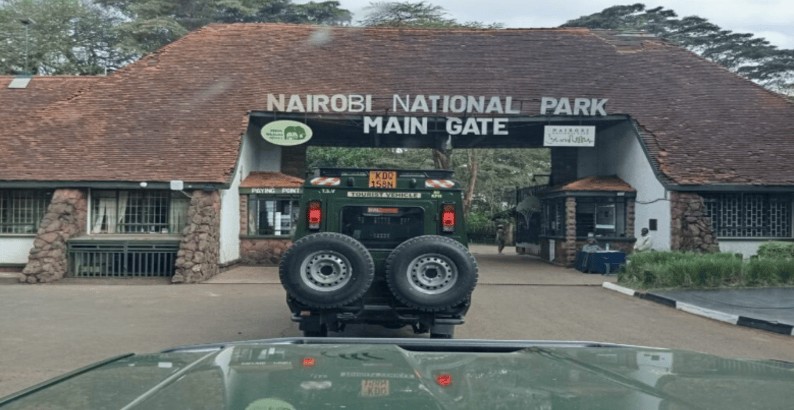KWS proposes free park entry for elderly, PWDs and tourism workers

According to the proposals, Kenyan citizens aged 70 and above, children under five, and persons living with disabilities would enjoy free entry.
Kenya Wildlife Service (KWS) is considering new rules that would allow certain groups to enter national parks, reserves, and sanctuaries without paying fees.
The plan aims to benefit elderly citizens, young children, persons with disabilities (PWDs), and frontline tourism workers, including guides, drivers, porters, and boat crews.
More To Read
- Counties intensify pressure on national government over park revenue-sharing model
- Senate demands swift compliance with disability access in public offices
- Kenya Power awards Sh3.5 billion in tenders to youth, women and PWDs
- Rescue mission launched to save Masai giraffes trapped by fences in Naivasha
- Lewa, KWS launch vulture tracking project to boost raptor conservation
- Rare eastern black rhino calf born in Chyulu Hills, boosting critically endangered population
The Ministry of Tourism and Wildlife, together with KWS, held a stakeholder forum in Nairobi to review the draft Wildlife Conservation and Management (Access and Conservation) (Fees) Regulations, 2025.
According to the proposals, Kenyan citizens aged 70 and above, children under five, and persons living with disabilities would enjoy free entry.
Frontline tourism workers registered with the relevant authority and licensed by the Tourism Regulatory Authority would also qualify.
Additionally, fishing boats registered under Beach Management Units (BMUs) would be exempt from anchoring fees in marine protected areas.
To access the fee waivers, eligible groups must present valid documents such as a national ID, passport, disability card, or professional licence.
KWS Director General Prof Erustus Kanga said the changes aim to make Kenya’s wildlife more inclusive while recognising the contribution of those who facilitate tourism.
“The new regulations have considered vulnerable and special groups. This is about fairness, dignity, and recognition. The people who connect visitors to our wildlife and those who have given their lives to this country should not be excluded from enjoying our natural treasures,” he said as quoted by The Daily Nation.
The draft framework divides visitors into four categories: East African citizens, Kenyan residents, African citizens, and non-residents.
East African citizens include nationals from EAC countries, while Kenyan residents are individuals living in Kenya with valid residence permits but who are not Kenyan or East African citizens.
African citizens cover visitors from other African countries outside the EAC, and non-residents are those coming from outside the continent.
Top Stories Today













































